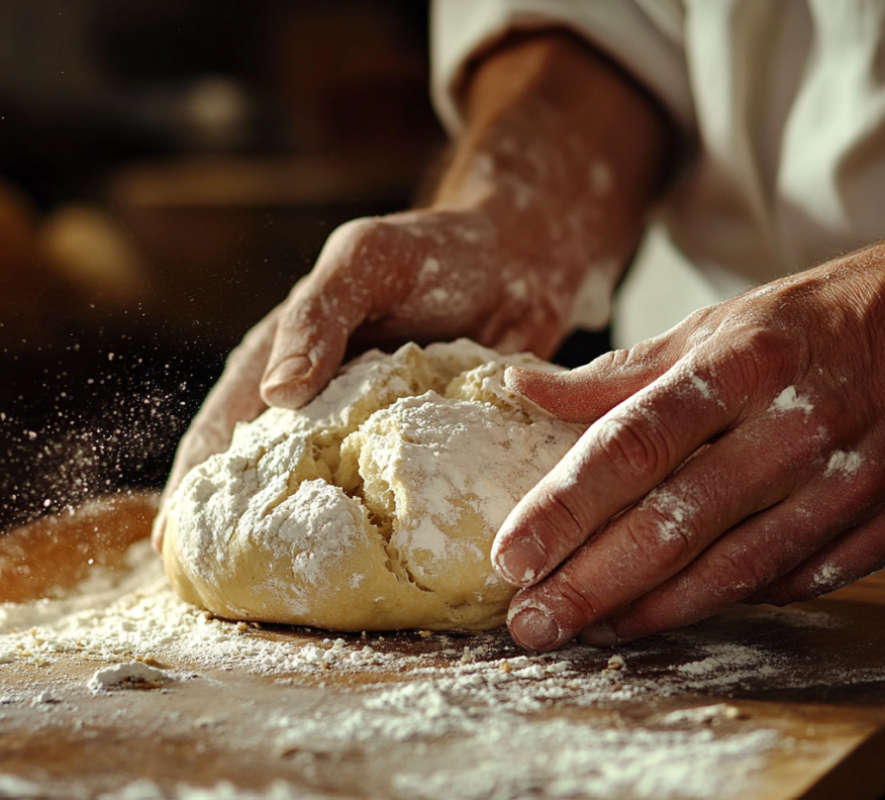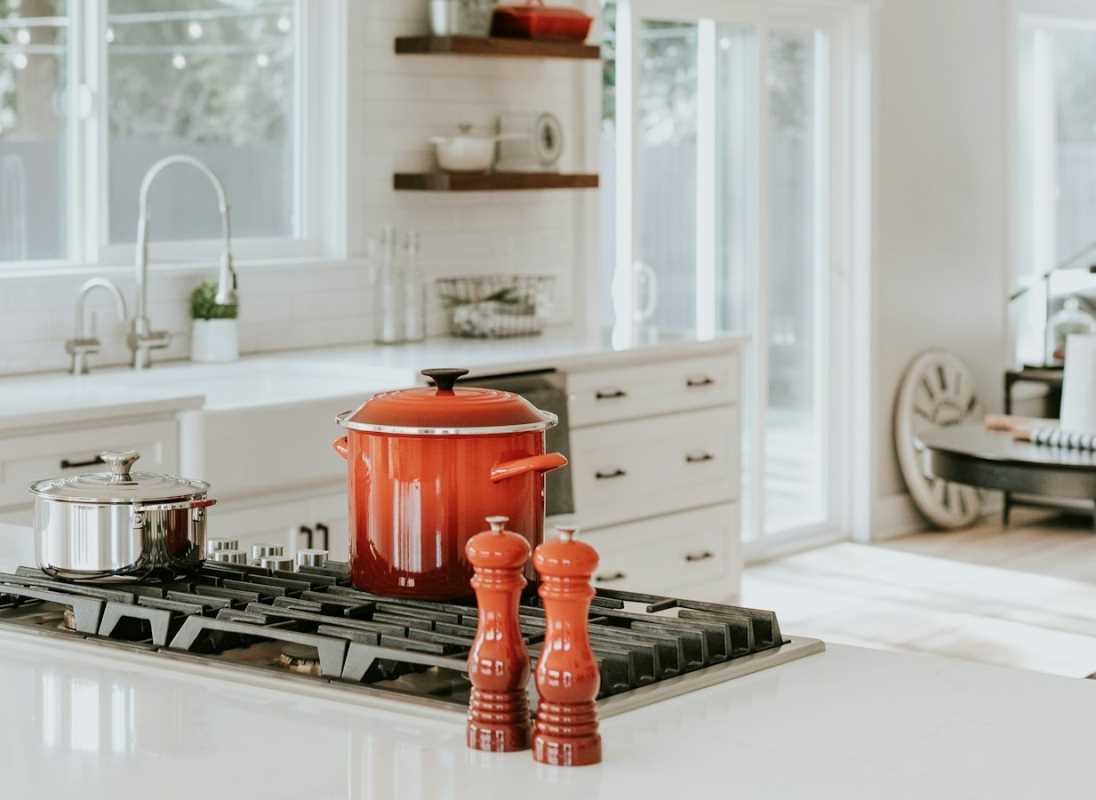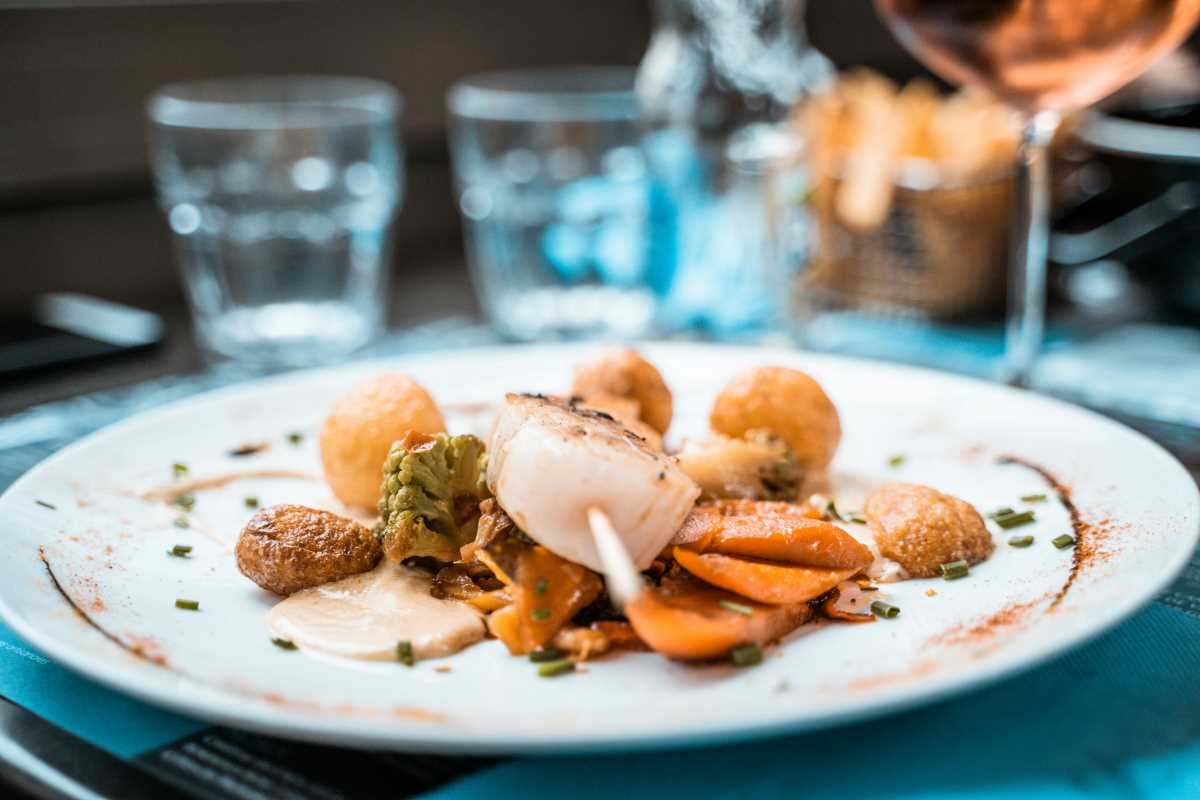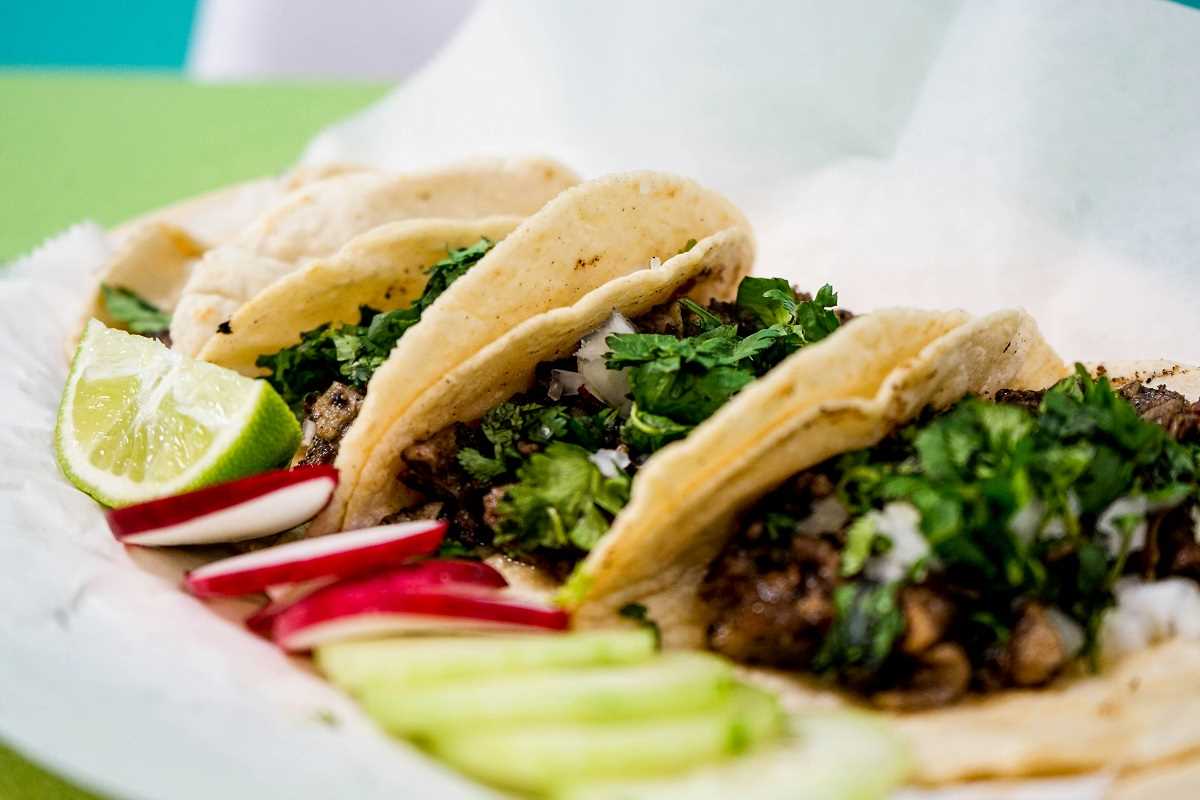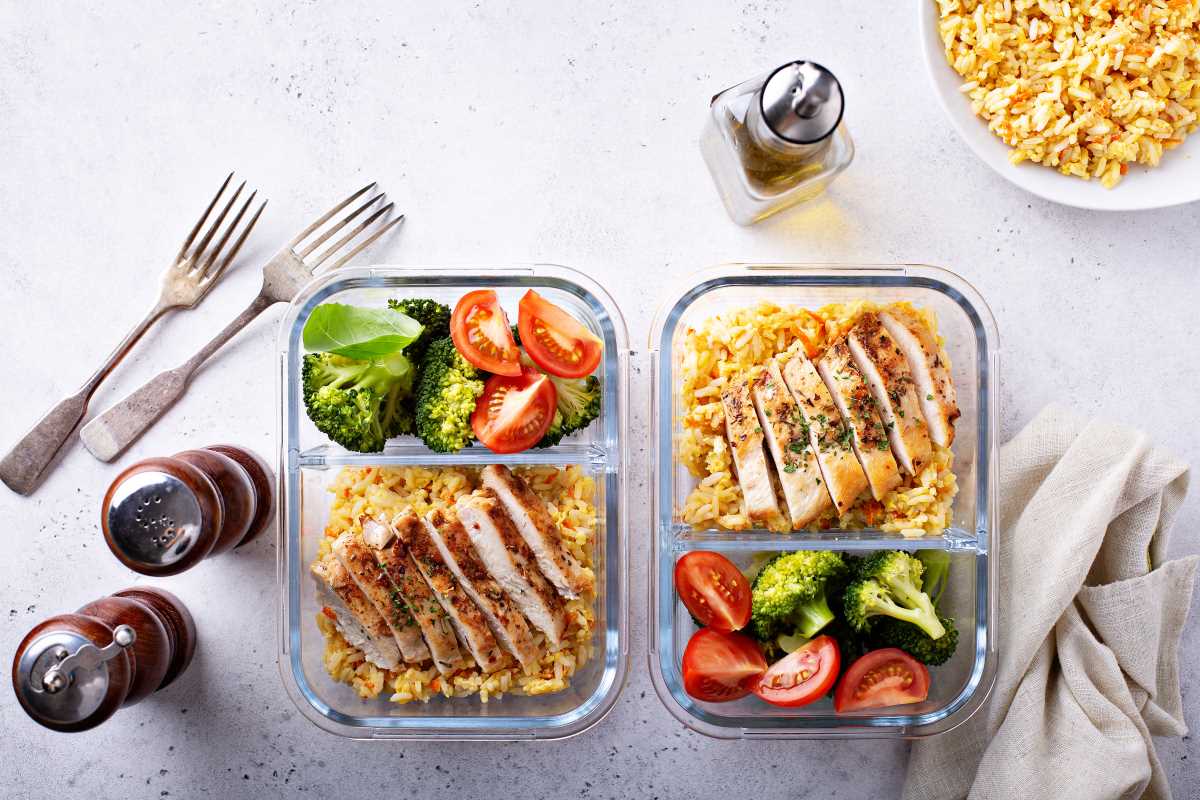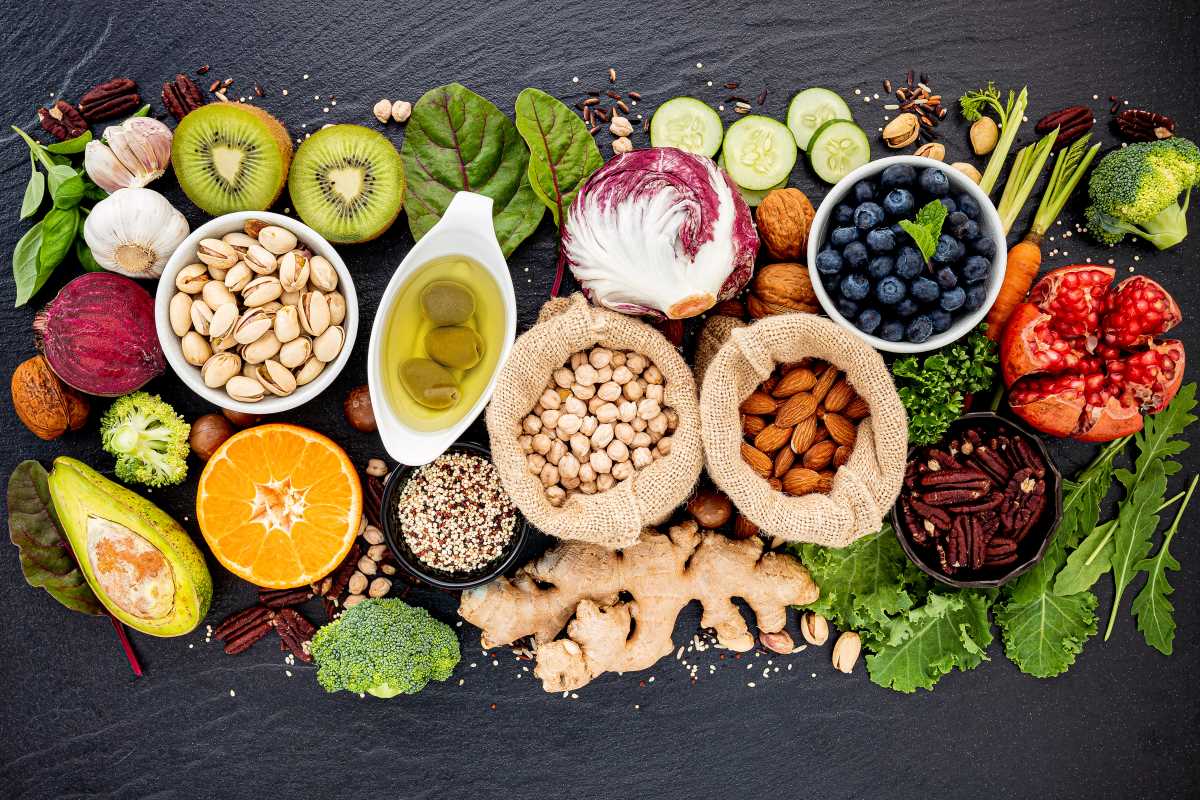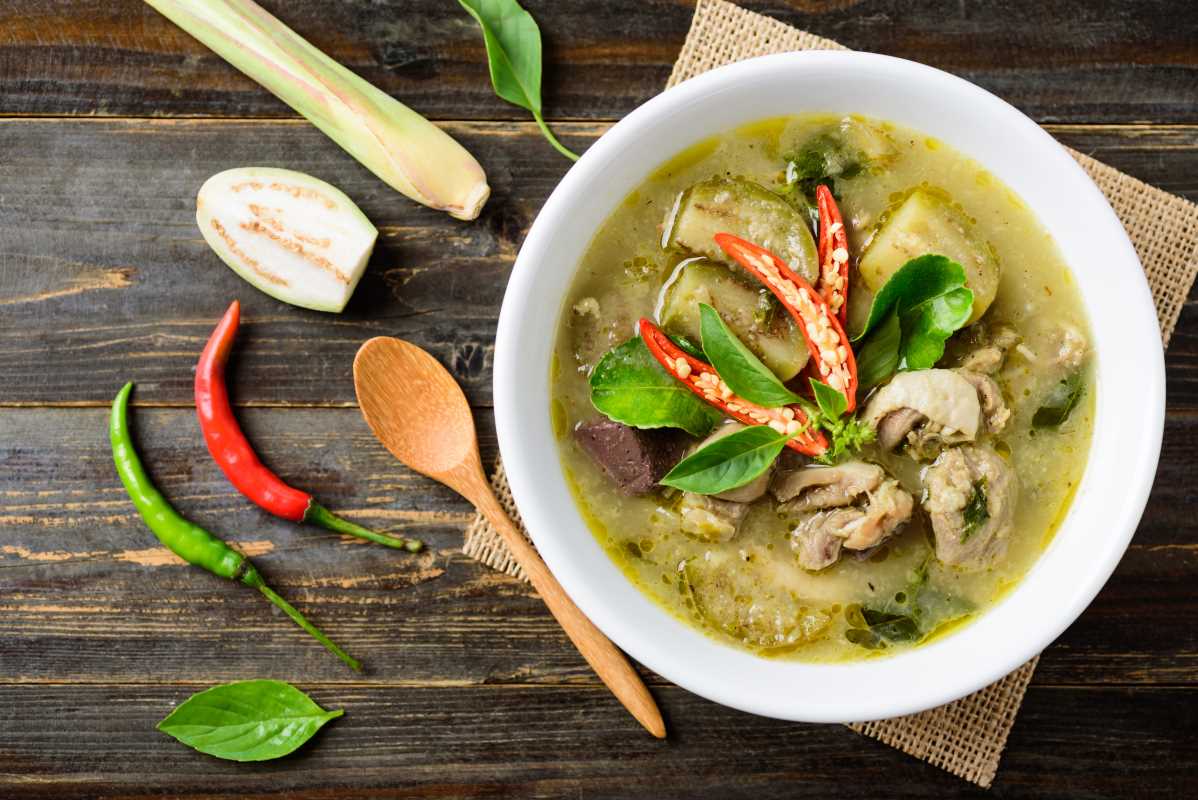Running a packed schedule while working in a kitchen where inspiration takes shape means your time and ingredients hold real value. Simple changes in meal preparation can help reduce food waste and speed up both cooking and cleaning. These adjustments free up precious moments, allowing you to focus on important projects or calls. Rather than making your afternoons feel overwhelming, small tweaks in your routine can ease stress and make daily cooking more enjoyable. You’ll find greater satisfaction in your kitchen as you notice less clutter, fresher meals, and a smoother workflow, all without extra effort or frustration.
These methods help you avoid tossing scraps without requiring extra effort. Instead of completely changing your usual rhythm, learn to include simple steps that gradually create a more efficient, tidier workflow. Let’s explore angles that feel as natural as your favorite go-to recipe.
Redefining Daily Kitchen Routines
Imagine turning vegetable peels into a flavorful stock base instead of throwing them away. Collect onion skins, carrot ends, and herb stems in a dedicated jar to prepare a rich broth without disrupting your dinner routine. This approach transforms leftovers into useful ingredients, reducing your grocery list and allowing you to enjoy deeper flavors automatically.
Combine leftover food into ready-to-heat jars to avoid decision fatigue during back-to-back calls. Use wide-mouth glass containers that fit easily into your fridge door. Over time, this habit creates a simple cycle: fill, store, and revisit for an easy lunch boost that requires no extra thinking when deadlines approach.
Making Cooking Simpler and Cleaner
Layer ingredients directly in your pots or pans to cut down on washing dishes and leftover bits sticking to bowls. When you measure spices, oils, and aromatics into small prep cups arranged in order of use, you maintain a steady cooking flow. The outcome is cleaner surfaces and a better relationship with your time.
This tactic also uncovers hidden savings. The spoons of oil or scoops of spice you usually estimate now stay in sight. Watching usage in clear glass jars helps you stay aware of what’s running low and avoids impulsive purchases that clutter your pantry. You’ll notice your inventory adjusts naturally to your needs without ever needing to consult a ledger.
Practical Habits for Waste-Free Meal Prep
- Prep Jar Rotation
- Purpose: Save nutrient-rich scraps for stock.
- Steps:
- Keep a clean jar near your prep area.
- Add onion skins, carrot ends, and garlic peels after each meal.
- When full, simmer with water and herbs for 45 minutes.
- Strain and freeze in ice cube trays.
- Add cubes to soups or sauces later.
- Cost/Availability: Jars cost under $5.
- Insider tip: Rinse scraps before storing to reduce odors and extend jar life.
- Cooking in One Pot
- Purpose: Streamline cooking and reduce cleanup.
- Steps:
- Select a heavy-bottomed pan or Dutch oven.
- Sauté aromatics in oil.
- Add protein or legumes.
- Pour in liquids, grains, or vegetables; cover and simmer.
- Adjust seasonings before serving.
- Cost/Metric: Invest ~$30 in a quality pan.
- Insider tip: Toast grains in the pan before adding liquid for extra flavor.
- Batch Freezing for Convenience
- Purpose: Remove daily stress of cooking decisions.
- Steps:
- Double your recipe.
- Portion into stackable containers.
- Label with contents and date.
- Freeze flat to save space.
- Thaw overnight in the fridge or microwave gently.
- Cost/Availability: Silicone containers ~$10 per set.
- Insider tip: Freeze sauces on a tray first, then store cubes in bags for quick reheating.
- Effective Scraping Technique
- Purpose: Reduce waste by using all ingredients.
- Steps:
- Keep a silicone spatula handy.
- Scrape sides and bottom while mixing.
- Rotate bowl to release hidden streaks.
- Store scraped leftovers in a small container.
- Wash spatula immediately to prevent buildup.
- Cost/Metric: Spatulas cost $3–$7 and last years.
- Insider tip: Cook leftover batter scraps in a nonstick pan for mini pancakes or fritters.
- Herb Stem Infusion
- Purpose: Extract flavor from herb stems.
- Steps:
- Gather stems (parsley, cilantro, basil) in a net bag.
- Tie loosely and add to simmering water or oil.
- Steep off heat for 20 minutes.
- Remove bag and press gently.
- Use infused liquid for sauces or dressings.
- Cost/Availability: No extra cost if herbs already purchased; net bags <$2.
- Insider tip: Freeze stems in olive oil cubes to drop straight into the pan.
Integrating Waste-Reducing Habits into Your Routine
Find moments to tidy your fridge or prep stations and start each day with tidy counters. Fit quick tasks into small breaks so they feel like little rewards instead of chores.
- Set aside five minutes at the end of each cooking session to clear stray bits and wipe down surfaces.
- Place a small compost bin near your workstation to toss scraps during phone calls.
- Remind yourself weekly to move prep jars into the pot for fresh stock or infusions.
This small effort builds on your existing workflow, so you never have to face a big cleanup when time runs short.
Small daily changes reduce waste, simplify meals, and keep your workspace focused. Start with one or two ideas, and your future self in the kitchen will thank you.

